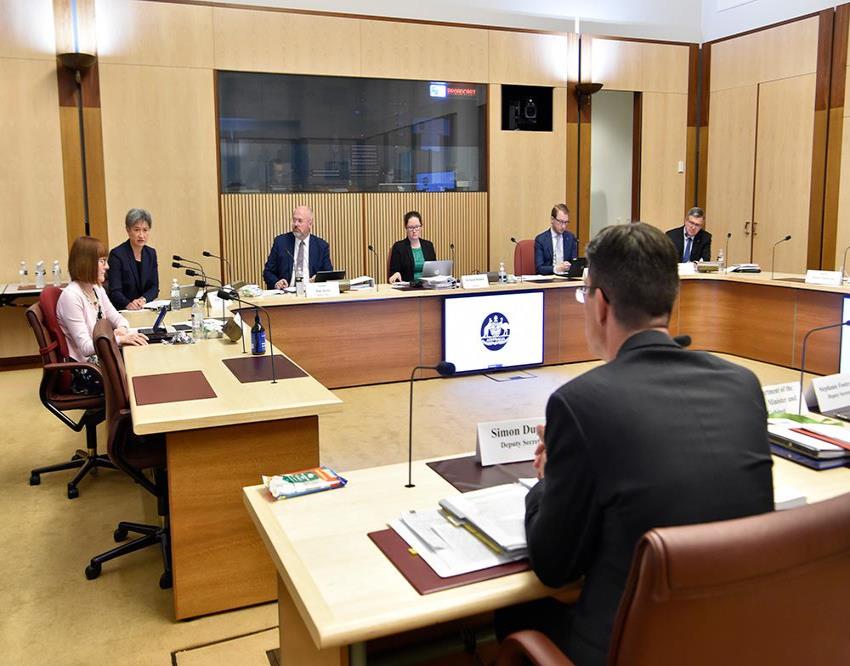31/05/2022
This week all eyes will be on the Budget, the government’s most important financial statement, which will be delivered by the Treasurer on 29 March. Attention will then go to Senate estimates where the Senate will look at the government’s proposed spending in more detail.
What is the Budget?
The Budget is a collection of financial documents that sets out how the government plans to collect and spend money. It is introduced into the Parliament as a collection of bills – called ‘appropriation bills’. The Budget covers the coming financial year (1 July 2022 to 30 June 2023), plus the forward estimates period (the next 3 financial years).
Why is the Budget being announced in March this year?
While the Budget is traditionally delivered in May, there are no laws that say this is when it must happen. An early Budget was scheduled because an election is due in the first half of this year.
Examination of the Budget
In the annual Budget speech to Parliament, the Treasurer explains government spending plans and sets out issues the government wants to address. Following this, estimates committees scrutinise the Budget statements. Members of parliament also examine and debate the Budget bills in the same way as other bills.
What are estimates committees?
Senate estimates hearings allow senators to scrutinise how the executive government is spending taxpayers' money. The hearings are called 'estimates' because they examine what the government estimates it will collect and spend in the financial year – 1 July to 30 June.
Each estimates committee is responsible for examining different government departments and agencies. During this process senators can ask ministers and senior public servants about the work of their department. They may be asked to explain the purpose of the programs and services they provide and outline how they are run and how much they cost.
Only ministers who are senators are required to attend and answer questions. Senate ministers speak on behalf of ministers who are members of the House of Representatives.

Senators asking questions to witnesses from the Department of Prime Minister and Cabinet during a Senate estimates hearing (Photo: AUSPIC)
Senators asking questions to witnesses from the Department of Prime Minister and Cabinet during a Senate estimates hearing (Photo: AUSPIC)
One of the functions of the Australian Parliament is to closely examine the work of the executive government. While the government is responsible for raising and spending public money, it cannot legally spend money without the approval of Parliament. Through estimates hearings, the Parliament ensures it understands how the government plans to collect and spend money.
Timing
Estimates hearings are usually held 3 times a year. The first hearings take place over two weeks after the Treasurer presents the Budget to Parliament.
Significance
Estimates committees provide individual senators with an opportunity to gather information on the work of the government and play a key role in the parliamentary scrutiny of the executive government.
Estimates hearings attract public attention because under detailed questioning, ministers and department officials may reveal information that has not previously been made public. After the hearings each committee presents a report to the Senate on its findings, including any recommendations or issues of concern.
All hearings are open to the media and the public and are broadcast live
Want to know more?
Have look at this research paper about the Budget, or check out Senate brief No.5 all about the estimates process.